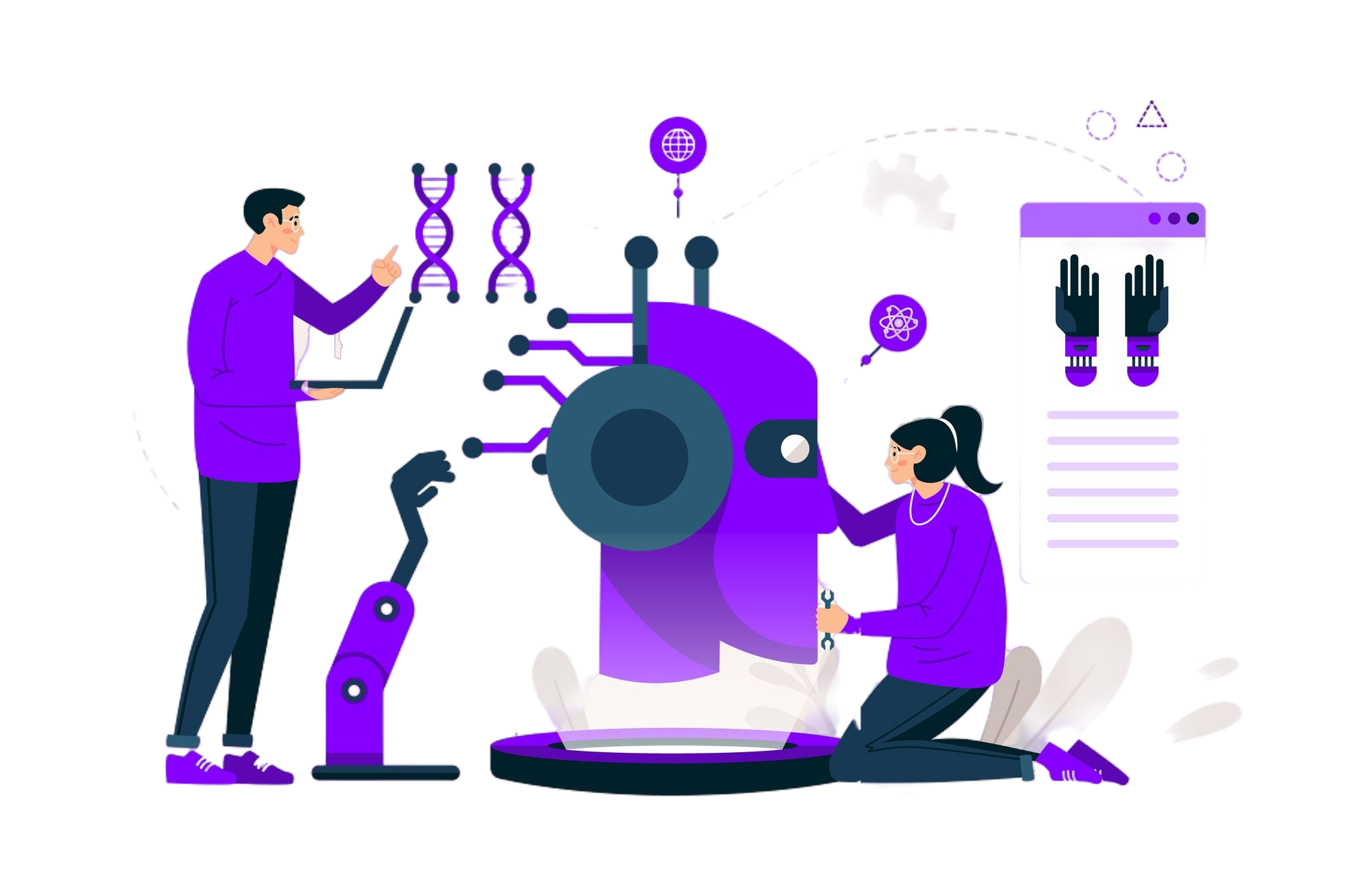1. Streamlining Resume Screening
Traditional methods of reviewing resumes can be time-consuming for recruiters. AI tools specialize in quickly analyzing vast data sets. They scan resumes, match skills to job requirements, and streamline recruitment, helping find qualified candidates faster.
Automated Skill Matching
AI algorithms assess resumes based on keywords, experience, and qualifications. They identify relevant skills and rank candidates accordingly. Recruiters can focus on high-potential applicants, saving time and effort.
Predictive Candidate Fit
AI predicts how well a candidate aligns with the company culture and job role. By analyzing historical data, it estimates the likelihood of success, reducing the risk of hiring mismatches.
2. Efficient Candidate Sourcing
AI actively searches for potential candidates across various platforms, including job boards and social media sites like LinkedIn. Recruiters can focus on interviewing and communicating with managers, thanks to this efficiency.
Semantic Search Algorithms
AI uses natural language processing (NLP) to understand context and intent. It identifies relevant profiles even when keywords vary. Semantic search ensures comprehensive candidate sourcing.
Passive Candidate Engagement
AI identifies passive candidates (those not actively job hunting) by analyzing online behavior. It tailors personalized messages to attract their interest, expanding the talent pool.
3. Enhanced Background Checks and Internal Hiring
AI refines background checks by skill matching, ensuring accuracy and reducing bias. Additionally, it promotes internal hiring by identifying suitable candidates within the organization.
Bias Mitigation
AI algorithms minimize unconscious bias during background checks. They focus on objective criteria, ensuring fair assessments. This contributes to a more diverse and inclusive workforce.
Internal Talent Mapping
AI maps existing employees’ skills, career paths, and aspirations. It suggests internal candidates for new roles, fostering talent development and retention.
4. Elevating Candidate Experience
AI-driven chatbots and automated communication enhance the candidate experience. Applicants receive timely updates, personalized responses, and a smoother application process.
24/7 Support
Chatbots provide instant responses, even outside office hours. Candidates appreciate the responsiveness and feel valued throughout the hiring process.
Customized Communication
AI tailors messages based on candidate preferences. Whether via email or chat, the communication feels personalized and relevant.
5. Minimizing Bias in Evaluation
AI algorithms can minimize unconscious bias during candidate evaluation. By focusing on objective criteria, AI ensures fair and equitable assessments.
Structured Interviews
AI recommends interview questions based on job requirements. Structured interviews reduce bias by asking consistent questions to all candidates.
Anonymized Assessments
AI anonymizes candidate information during evaluations. Recruiters assess skills without knowing gender, ethnicity, or other potentially biasing factors.
6. Leveraging Predictive Analytics
AI analyzes historical data to predict candidate success, helping recruiters make informed decisions. It identifies patterns related to employee performance, turnover, and engagement.
Retention Insights
AI predicts which candidates are likely to stay long-term. Recruiters can focus on those with higher retention potential, reducing turnover costs.
Success Profiles
AI creates success profiles based on top-performing employees. These profiles guide hiring decisions, aiming for similar success in new hires.
Summary
In summary, AI streamlines recruitment, improves decision-making, and ultimately helps organizations find the best candidates for the job. Embracing AI technology is essential for staying competitive in today’s talent-driven market.

